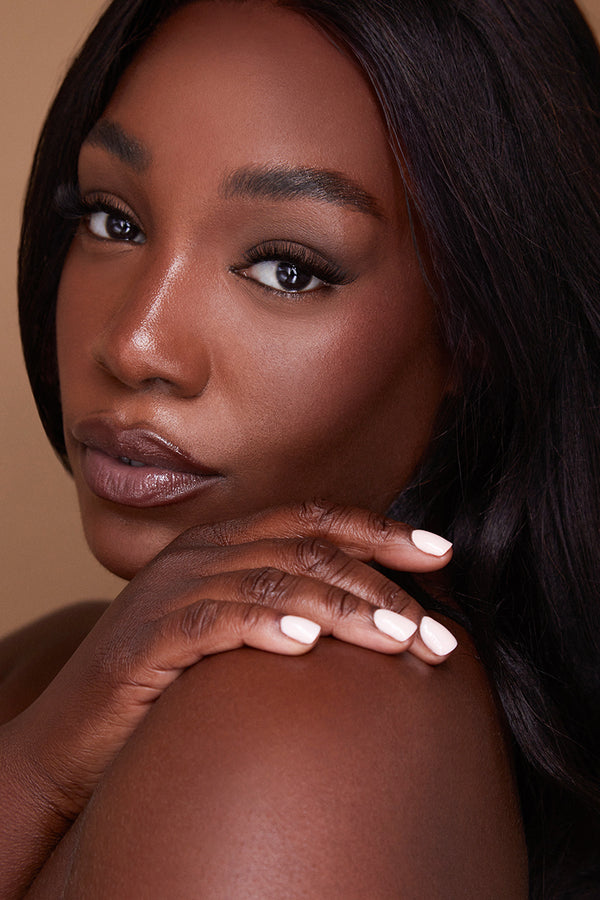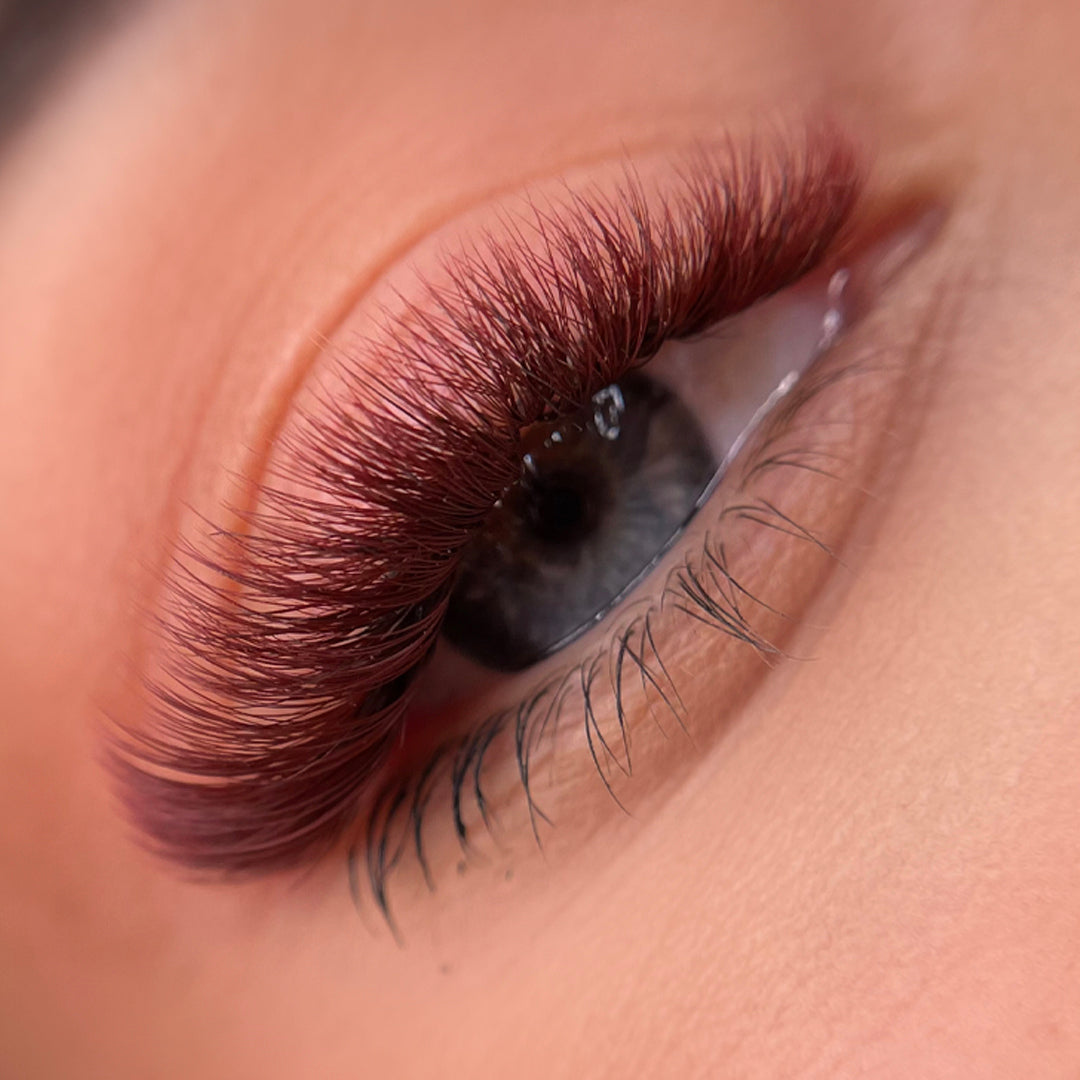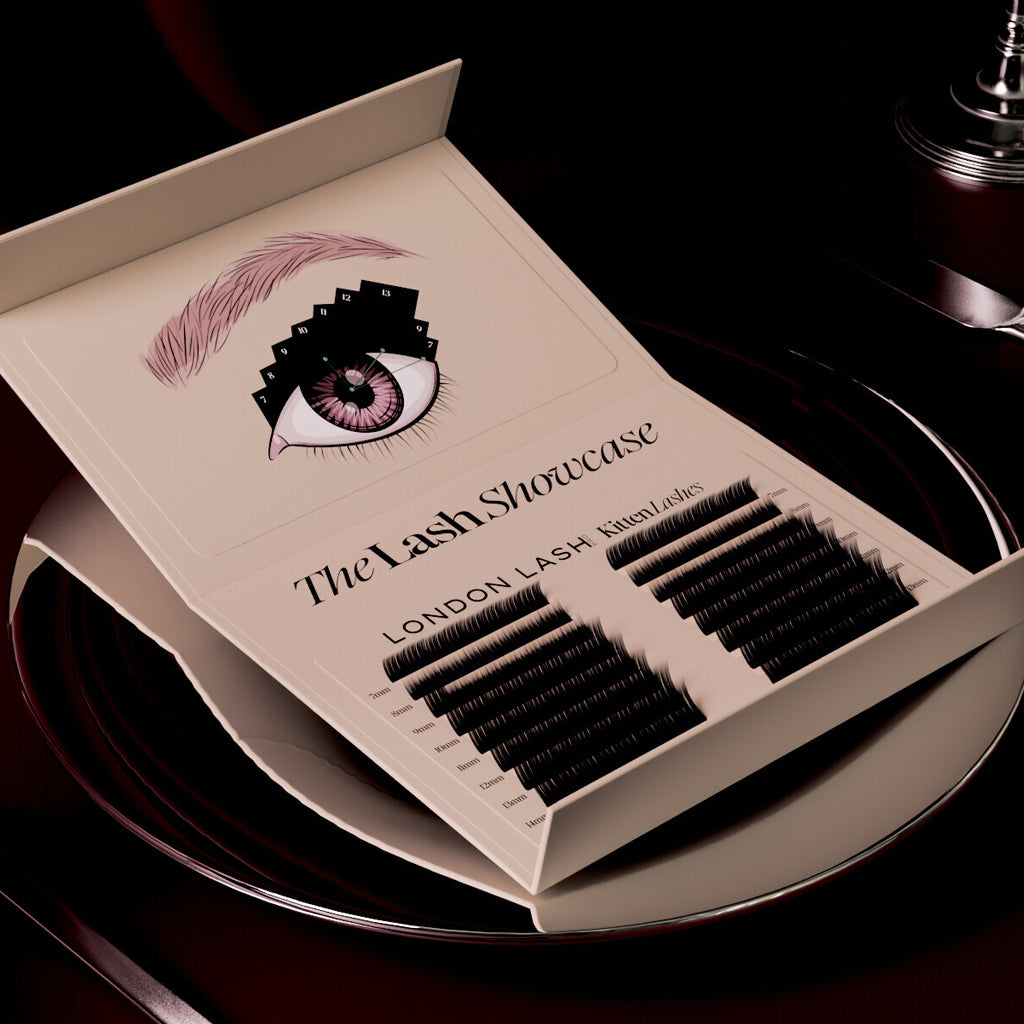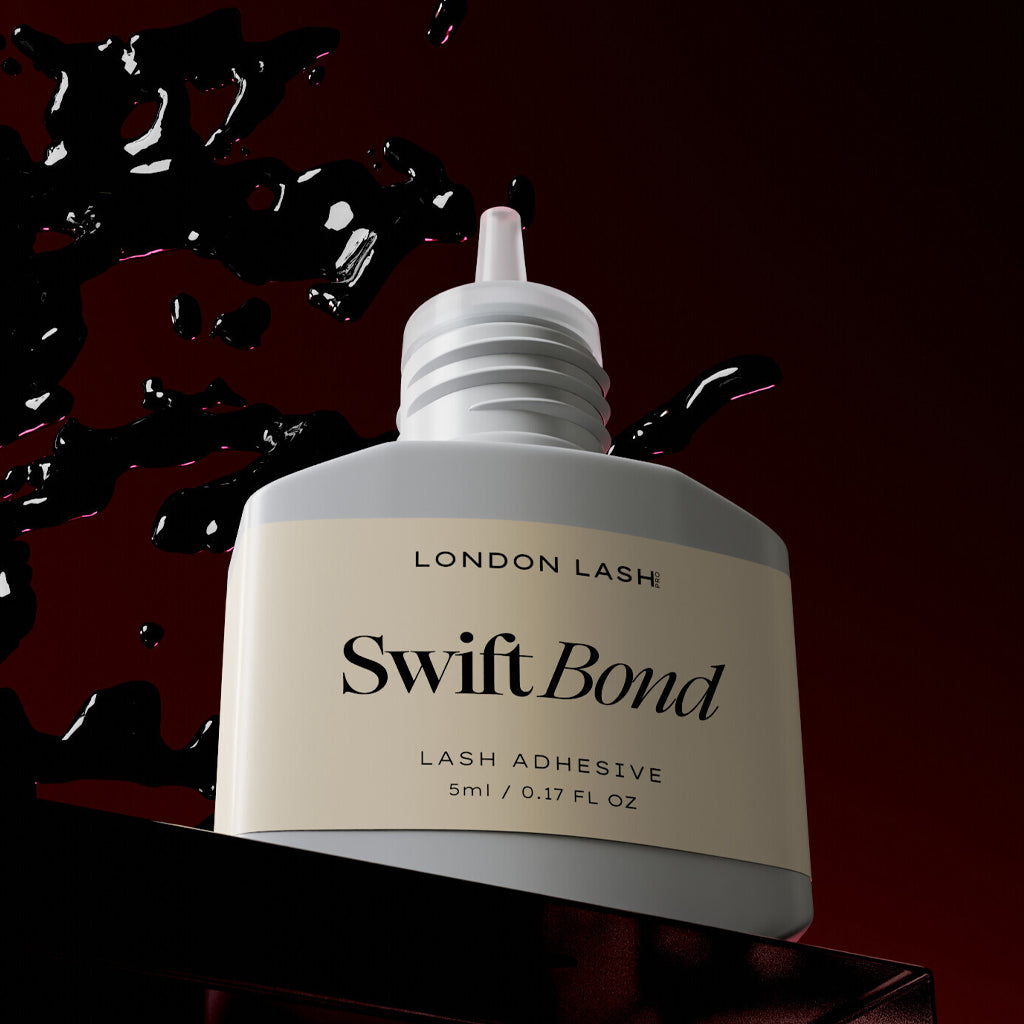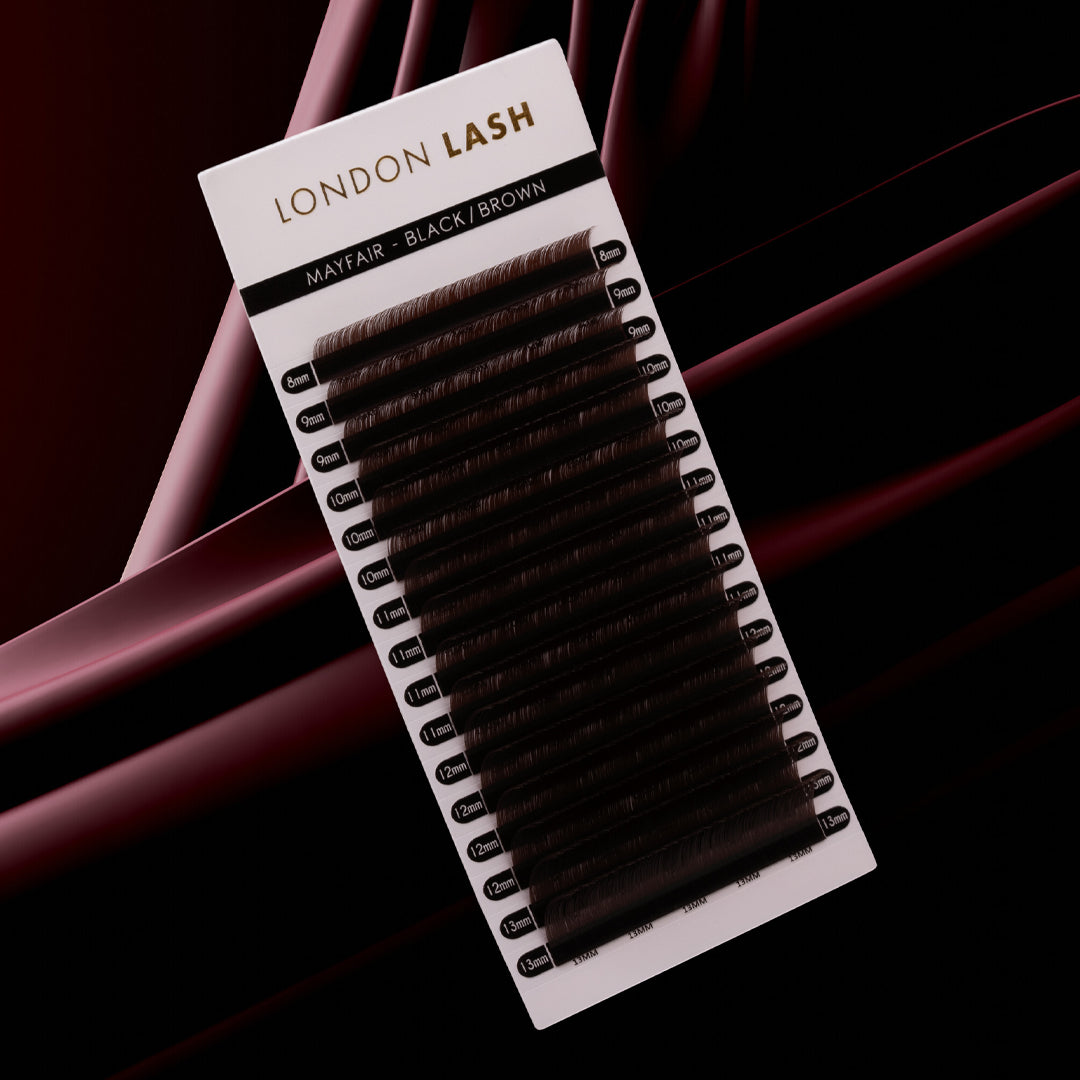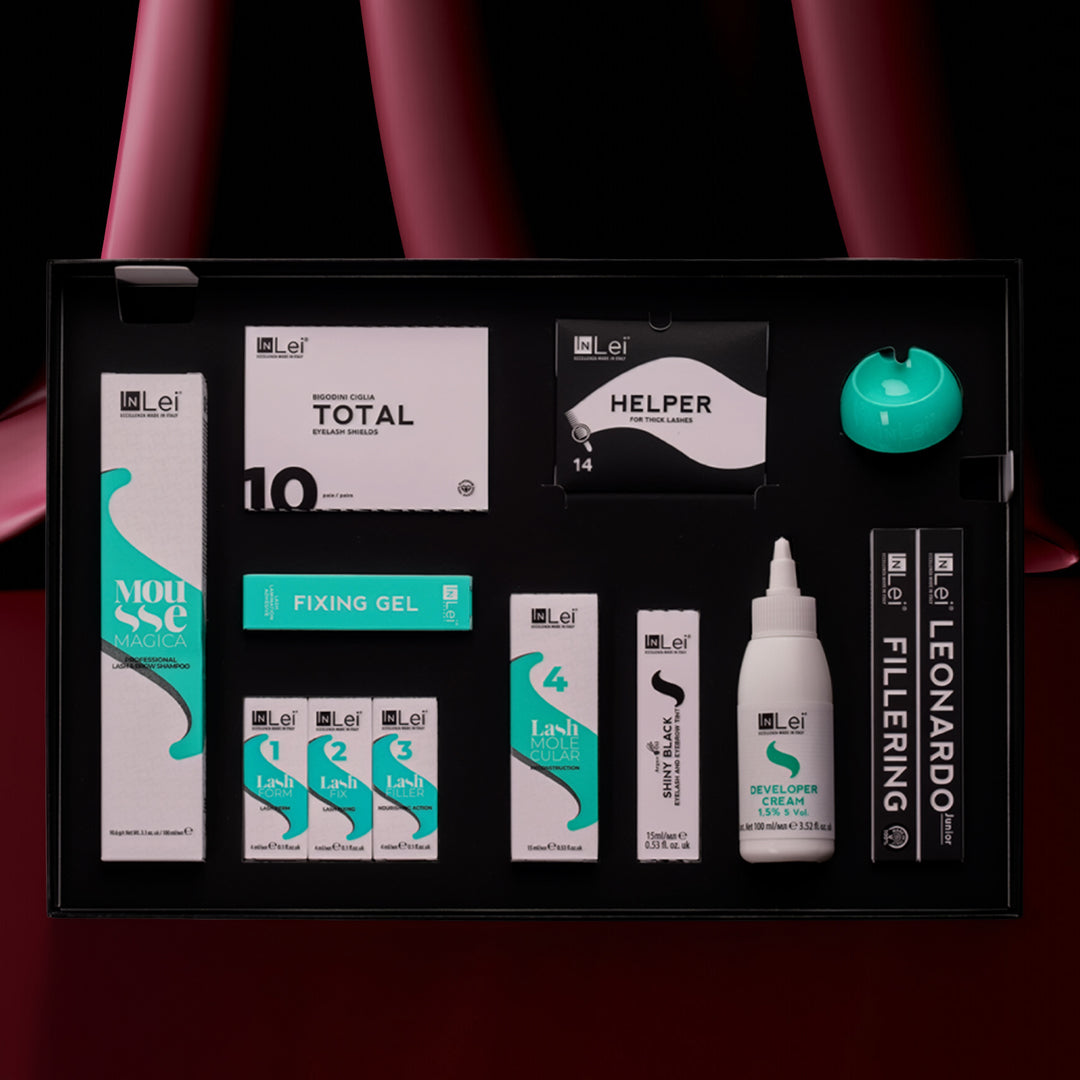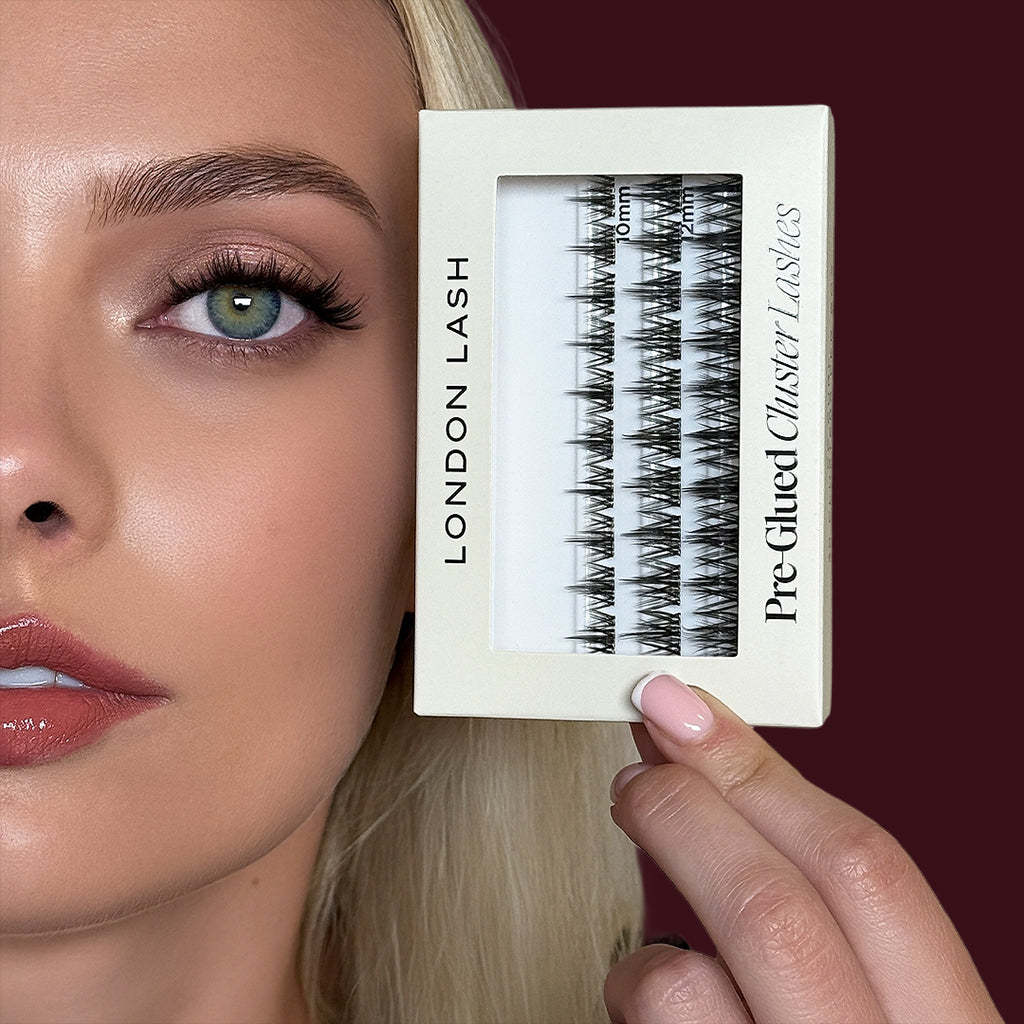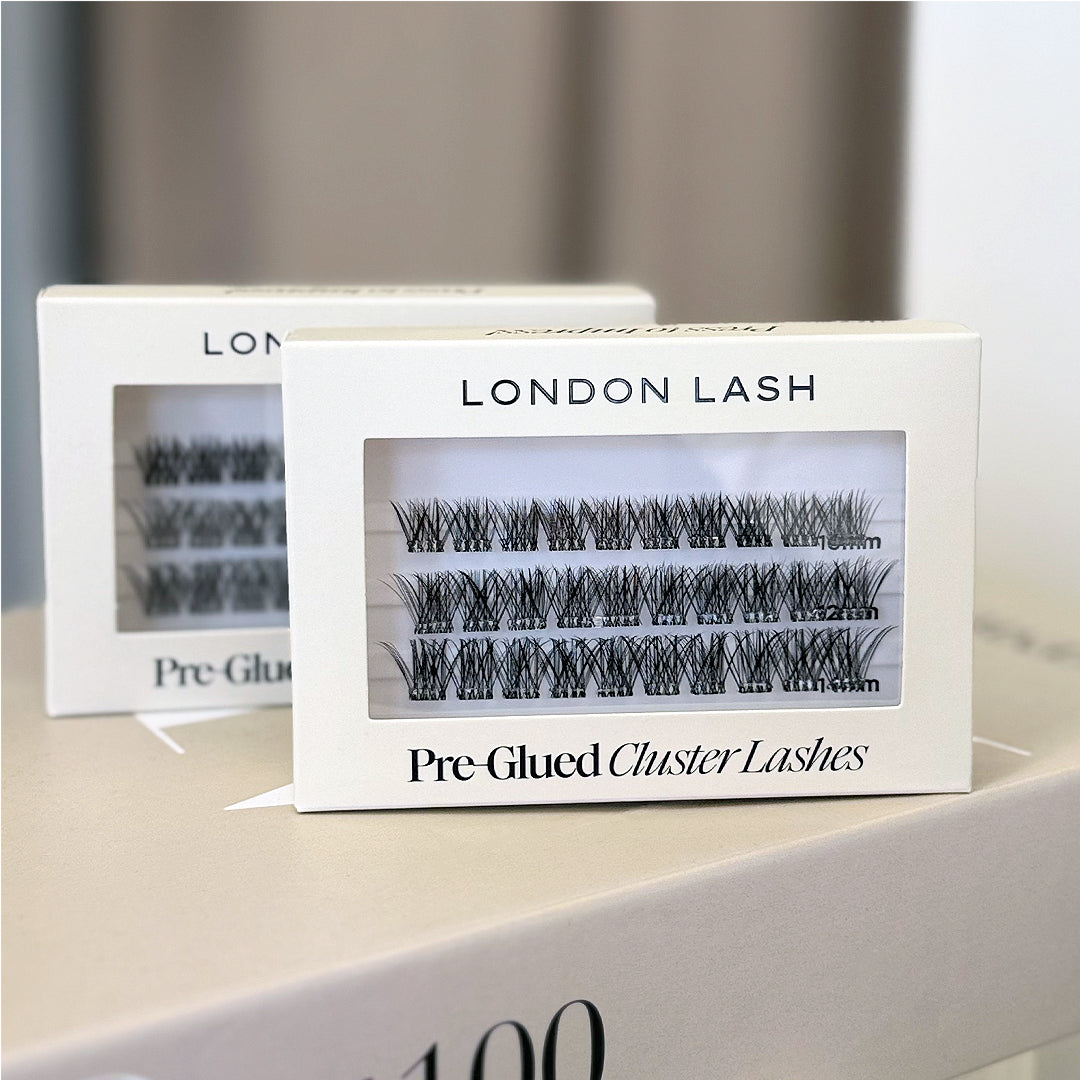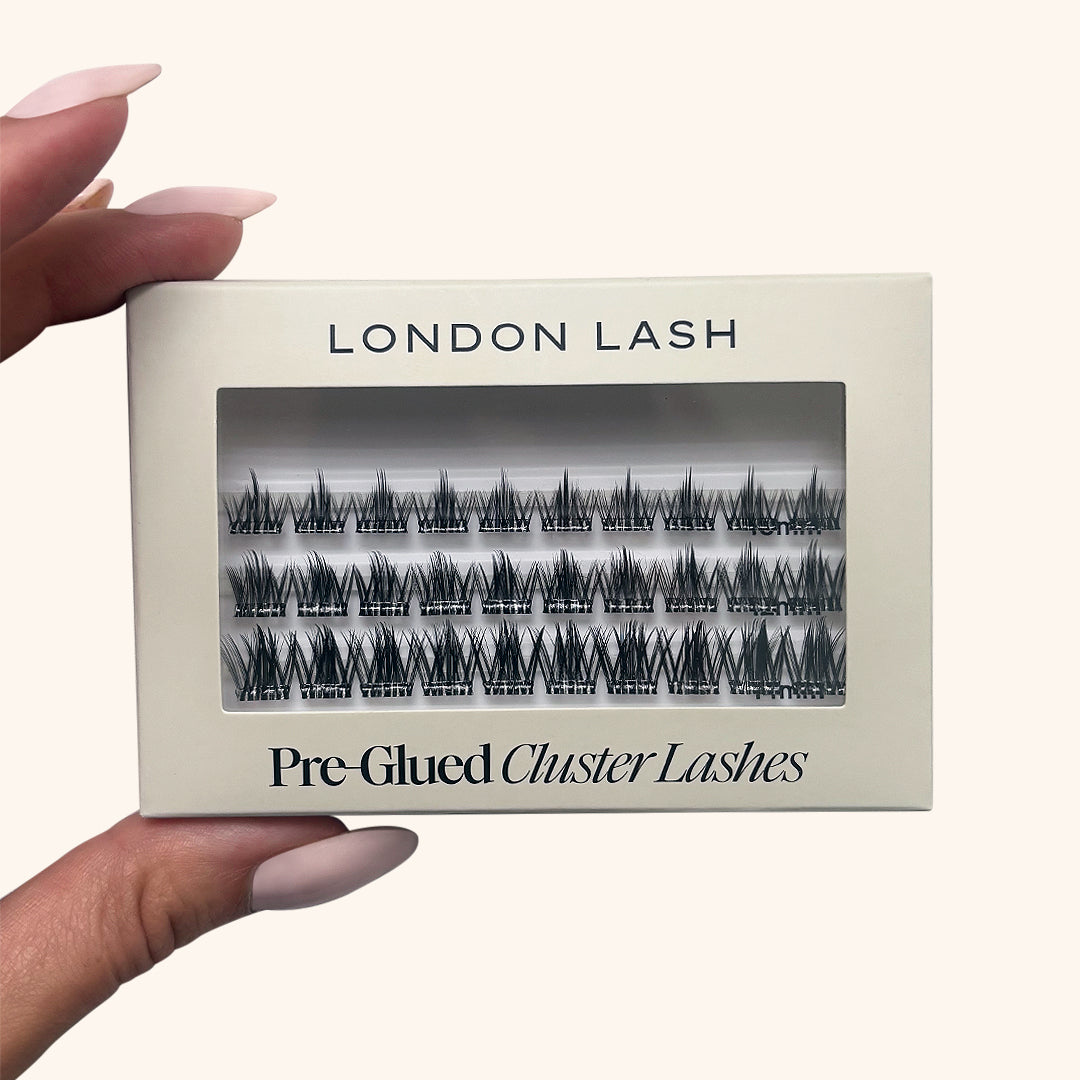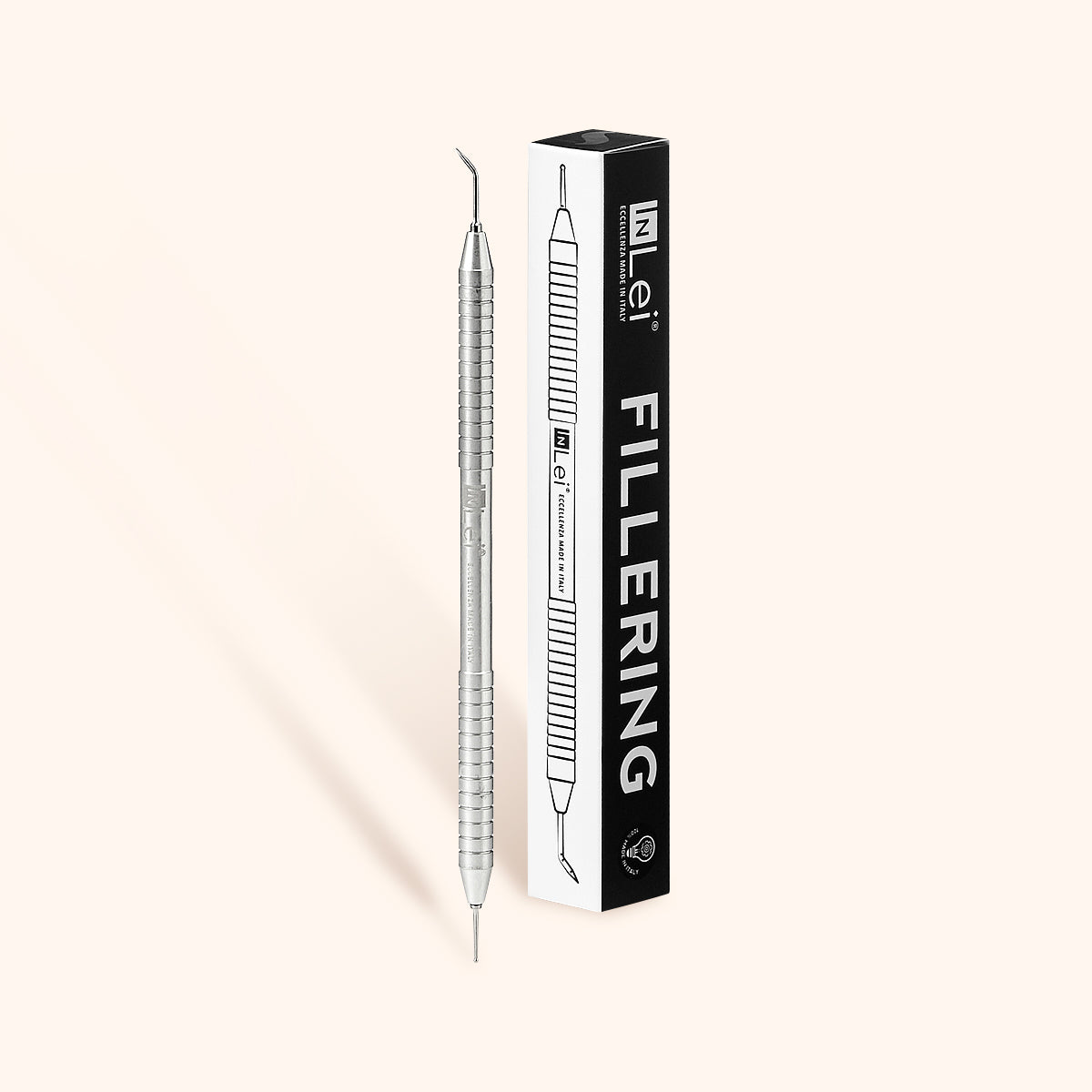Glues & Liquids
EYELASH EXTENSIONS
ONLINE TRAINING
Educators Club
UP TO 80% OFF
Pre-Glued Cluster Lashes
Our PRE-GLUED CLUSTER LASHES
Advice for Lash Lifts During Pregnancy
4 min read

Lash Lifts During Pregnancy: Things You Should Know
As a Lash Technician, one of the most frequently asked questions by mums-to-be is whether they can undergo a lash lift or lash perm during pregnancy. Many pregnant women want to feel their best, especially during celebrations like a baby shower, and therefore want to book a beauty treatment such as Lash Filler, which we completely understand! However, safety and well-being are of paramount importance during this period. Stick around to learn more about performing a lash lift on a pregnant client as we provide you with valuable insights and considerations to help you make informed decisions.
Your Insurance Provider
Before considering anything else, the first thing you should do is check your insurance policy. In the UK, many beauty insurance providers will have a clause which states that you are not covered to perform certain treatments on pregnant customers (this can also apply to tinting alone). This means if any adverse reaction occurs, you are entirely liable and will not be insured, which is, of course, the opposite of what you want. Even if you have previously performed a lash lift on this person and think it will be fine, you should not do so unless your insurance states you can.
Safety First: Pregnancy Considerations
If your insurance does cover you to perform a lash lift treatment during pregnancy, then you can go ahead, but there are still some important things to consider before you set off. When it comes to Lash Filler during pregnancy, safety is the primary concern. While eyelash lifts are generally considered safe for most people, the situation may differ during pregnancy. The overarching recommendation is you can offer a lash lift during the first and third trimesters, as fluctuations are likely to be less severe during these periods, however, every woman and every pregnancy is different.

Chemicals in Lash Lift Solutions
Typically, the lash lift process involves the use of chemical solutions to break down and restructure the protein bonds in the lashes. Lash lift solutions usually contain chemicals like ammonium or cysteine, which can be potentially harmful if absorbed through the skin or eyes. During pregnancy, a woman's body undergoes numerous changes, and skin sensitivity may increase. There's also a possibility of the immune system reacting differently to certain chemicals during this time, even if they are a regular client who has never experienced a reaction before. It's also important to note that tinting is not recommended during pregnancy due to it containing PPD which can cause allergic reactions.
Hormonal Changes
Pregnancy involves significant hormonal fluctuations, which can affect the growth and texture of hair, including eyelashes which can cause the treatment to react differently. Some women may experience thicker and more luscious lashes during pregnancy, while others might notice a temporary thinning of their lashes. As a lash technician, it's crucial to be aware of these changes to ensure the best possible outcome for your pregnant clients. The hormonal changes to the hair could cause over-processing of the lashes, and varied lift results - in some cases, the lashes don’t lift at all, and in others, half of the lashes lift beautifully and the other half don’t budge!
Allergic Reactions
Pregnancy can make some women more prone to allergic reactions. While allergic reactions to lash lift solutions are rare, as they shouldn’t come into direct contact with the skin, pregnant women might have a higher sensitivity to certain chemicals during this time. It's essential to perform a patch test before carrying out the full lash lift procedure to minimise the risk of adverse reactions.
Consultation and Patch Tests
Before proceeding with a lash lift on a pregnant client, conduct a thorough consultation to determine any specific concerns or medical conditions that may affect the procedure. Additionally, always perform a patch test at least 48 hours before the scheduled lash lift appointment. This step will help identify potential allergic reactions and allow you to adjust the treatment plan accordingly. As mentioned, even if your client is a regular or had a patch test soon before getting pregnant, you must always carry out another patch test to ensure that nothing has changed.

Alternatives to Lash Lifts During Pregnancy
Considering the potential risks and uncertainties surrounding lash lifts during pregnancy, the best recommendation we can give is to not offer your Lash Filler treatment at this time, however, it's essential to offer alternative treatments that are safer and equally effective. The best thing you can offer as an alternative is natural lash extensions.
Individual lash extensions can be applied to enhance the length and thickness of the lashes. They provide a similar effect to a lash lift but without the use of chemical solutions. Again, this is something to be wary of as the hormonal changes could result in a reaction or irritation from the lash glue, however, this is deemed a safer option than a lash lift.

As a responsible Lash Technician, it's essential to prioritise the safety and well-being of your pregnant clients. While lash lifts can be a fantastic beauty treatment for many, the potential risks during pregnancy warrant extra caution. Always conduct thorough consultations, perform patch tests, and consider safer alternatives to chemical-based treatments. By doing so, you can help your pregnant clients feel beautiful and confident while ensuring their health, and the health of their unborn child are not compromised.
Check out these featured products
Subscribe
Sign up to get the latest on sales, new releases and more …
